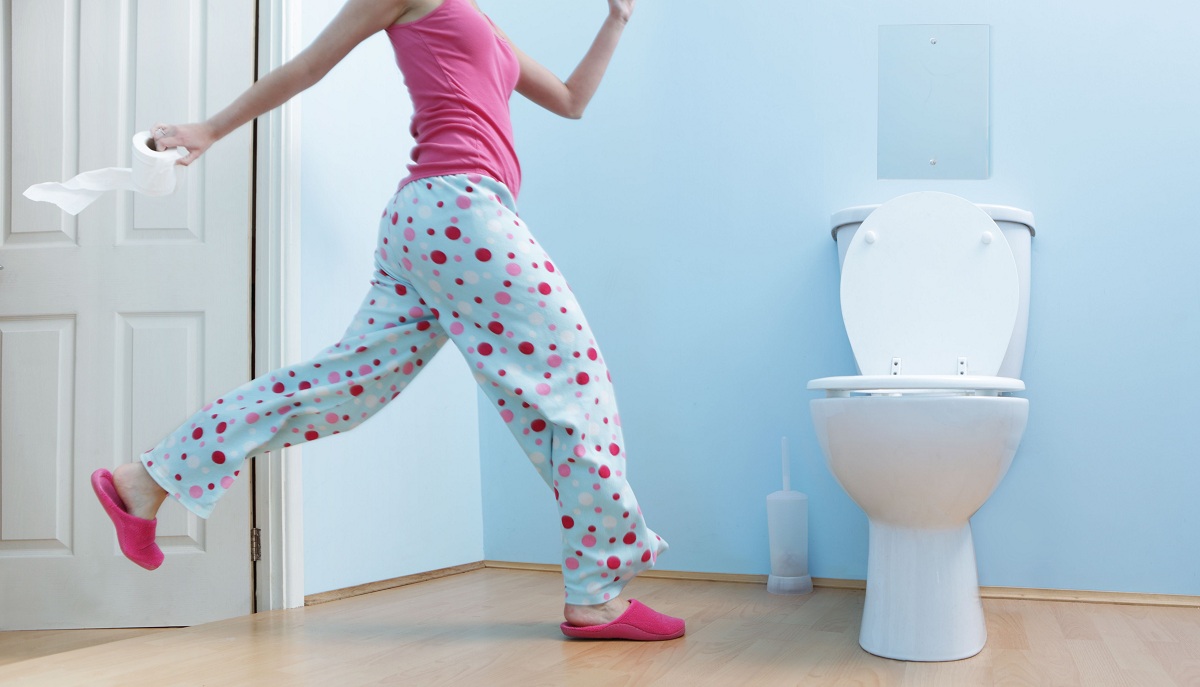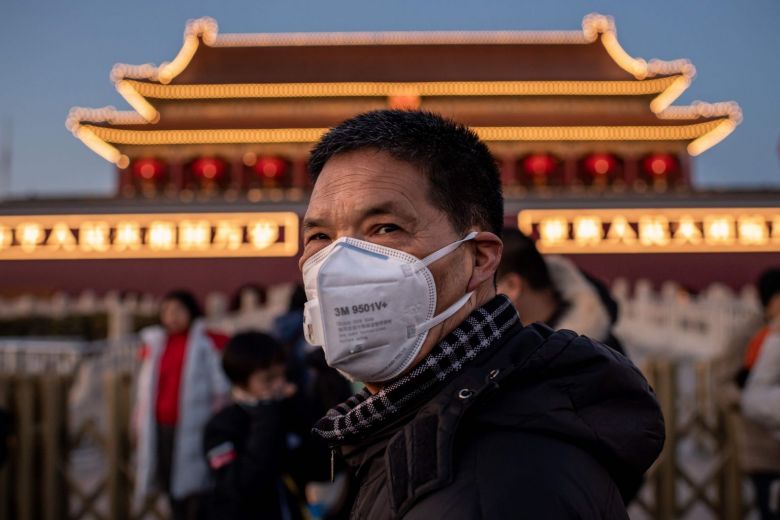A new study conducted in Japan has found that frequent nighttime urination, called nocturia, may be linked to hypertension and high salt intake. Noctu
A new study conducted in Japan has found that frequent nighttime urination, called nocturia, may be linked to hypertension and high salt intake. Nocturia is a condition in which people wake up during the night because they need to urinate. Common causes of frequent trips to the toilet at night include high fluid intake, sleep disorders, and bladder obstruction.
People without nocturia can sleep up to 8 hours without having to urinate, but some may need to get up once during the night. One episode is still considered within normal limits. Individuals with nocturia may get up 2–6 times during the night. Nocturia may be a sign of other health conditions, including bladder prolapse, a tumour of the bladder or prostate, and other disorders affecting sphincter control. Pregnant women and people with heart or liver failure and diabetes may also experience nocturia.
As we get older, our bodies produce less of an antidiuretic hormone that enables us to retain fluid — this leads to more urine production during the night. Older adults also tend to lose holding capacity and are more likely to have medical issues that impact the bladder.
A team of researchers presented the results of their recent study at the 83rd Annual Scientific Meeting of the Japanese Circulation Society. According to their findings, trips to the toilet to urinate at night may be linked to excessive salt intake and high blood pressure.
The researchers enrolled 3,749 residents of the town of Watari who had undergone an annual health check in 2017 and gathered information about their blood pressure levels and nocturia using questionnaires. The data showed that getting up in the night to urinate was associated with a 40 percent greater chance of having high blood pressure, and the risk of hypertension rose significantly as the number of nocturia events per night increased.
Dr. Harada adds that early detection and management of hypertension are crucial to prevent heart disease. It is important to research and understand the cause of nocturia in patients because this disorder can not only result from urinary organ problems — it may also be caused by diseases such as hypertension.
Professor and president of the European Society of Cardiology (ESC) Barbara Casadei notes: “More than 1 billion people have high blood pressure, worldwide. High blood pressure is the leading global cause of premature death, accounting for almost 10 million deaths in 2015. ESC guidelines recommend medication to reduce the risk of stroke and heart disease. A healthy lifestyle is also advised, including salt restriction, alcohol moderation, healthy eating, regular exercise, weight control, and smoking cessation.”


